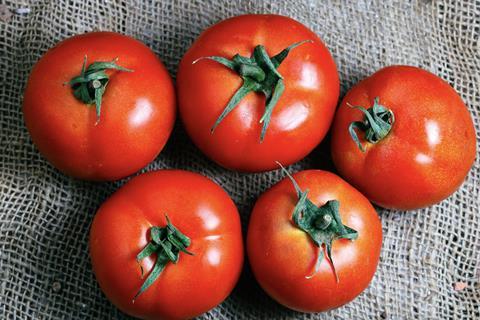As exports to Spain rise, Fepex says the tomato entry prices established in the EU Association Agreement with Morocco have not fulfilled their function

Spain’s fruit and vegetable imports from Morocco grew in volume and value through the opening quarter of the year.
This increase, particularly the continued growth in tomato imports from Morocco, has led industry body Fepex to call for a reform of existing market entry prices.
Overall fresh produce imports climbed 24 per cent in volume and 23 per cent in value through the quarter, totalling 188,076 tonnes and €481mn respectively.
In the last five years, imports from Morocco have increased from 156,229 tonnes in January-March 2021 to 188,076 tonnes in the same period of 2025, representing growth of 20 per cent.
At the same time, value increased from €311mn to €481mn, according to customs data processed by Fepex.
The leading category imported by Spain from Morocco is tomatoes, which increased from 24,118 tonnes in the first quarter of 2024 to 32,313 tonnes, a 34 per cent rise.
Tomato import value, meanwhile, jumped 57 per cent from €33.4mn to €52.5mn.
Peppers followed, with 32,046 tonnes, down 2 per cent, at a value of €42.6mn, up 4 per cent.
Green beans also stood out, according to Fepex, with 19,601 tonnes imported worth €42mn, although this was a drop in both volume (down 17 per cent) and value (down 12 per cent) year-on-year.
”For Fepex, the disparity between the phytosanitary, labour, and social standards required in the EU, which are not required in the third countries of origin of EU imports, makes producers in member states increasingly less competitive,” the association stated.
”Furthermore, in the specific case of the growth in tomato imports from Morocco, this has led to a displacement of Spanish tomatoes.
”This is also due to the fact that the entry prices, established in the EU Association Agreement with Morocco, have not fulfilled their function of protecting the EU market and have become obsolete, driving imports,” Fepex continued.
”For this reason, Fepex believes its reform is essential, with the aim of ensuring the viability of this crop of great social and economic importance in the regions that produce it and, ultimately, to ensure food sovereignty.”



